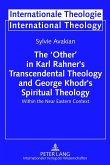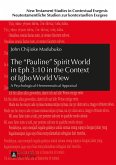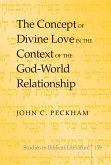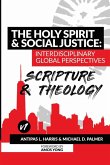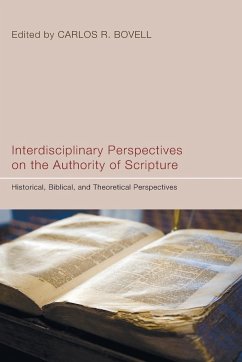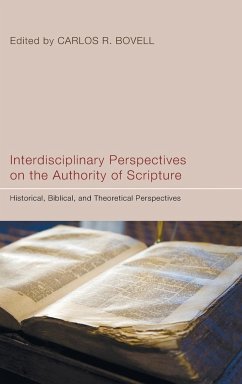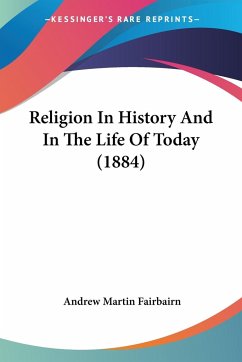During his early life (1884-1925), Rudolf Bultmann passionately attempted to unite scholar and laity through his understanding of God, which developed in the context of his home and its love for the common people of the church; the legacy of Schleiermacher; Marburg Lutheran neo-Kantianism; the eschatological perspective of the History of Religion School; dialectical theology; and Heidegger's philosophy of existence. Bultmann always insisted that God reflected the inner forces of life within each human being. Over the years, however, Bultmann came to hold that Lutheran neo-Kantianism provided the basic structure by which to analyze, critique, and strengthen his understanding of God. In light of this neo-Kantian structure, Bultmann insisted that God could not be the formulation of any scientific, ethical, or artistic construction. In other words God could not be the object or manifestation of human reason in any form since God transcended human reason. Hence in 1925, through the assistance of the dialectical theologians and Heidegger, Bultmann presented his purest formulation of a neo-Kantian understanding of God: God as the spontaneous moment of encountering the dialectical forces within our existential being.
"In this groundbreaking study William D. Dennison moves beyond interpreting the history of theology simply as a phenomenon in the history of ideas and instead sees theology as developing within the broader historical and cultural movements of its time. He draws on a wide range of primary and secondary sources to locate Rudolf Bultmann's theology in its social, historical, philosophical, and theological context. In what is the most impressive English-language study of Bultmann's early theology, Dennison persuasively argues that Bultmann remained deeply influenced by the tradition of the mediating theology of Schleiermacher that sought to connect the findings of scholarship with pastoral and parochial theology. The influences of the History of Religion School, the early dialectical theologians, including Karl Barth, as well as the philosophy of the Marburg neo-Kantians and later of Heidegger, are discussed in detail alongside Bultmann's background in a rural parsonage that decisively shaped his approach to theology and religious experience. This clearly written and accessible book makes an important contribution to the study of the development of German theology in the early twentieth century." (Mark Chapman, Ripon College Cuddesdon, Oxford University; Editor, 'Journal for the History of Modern Theology')


